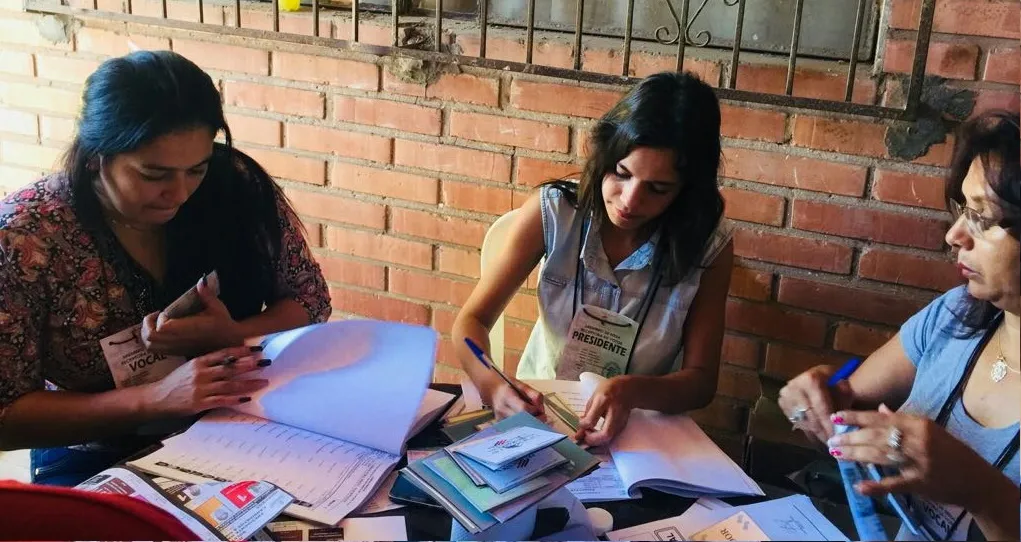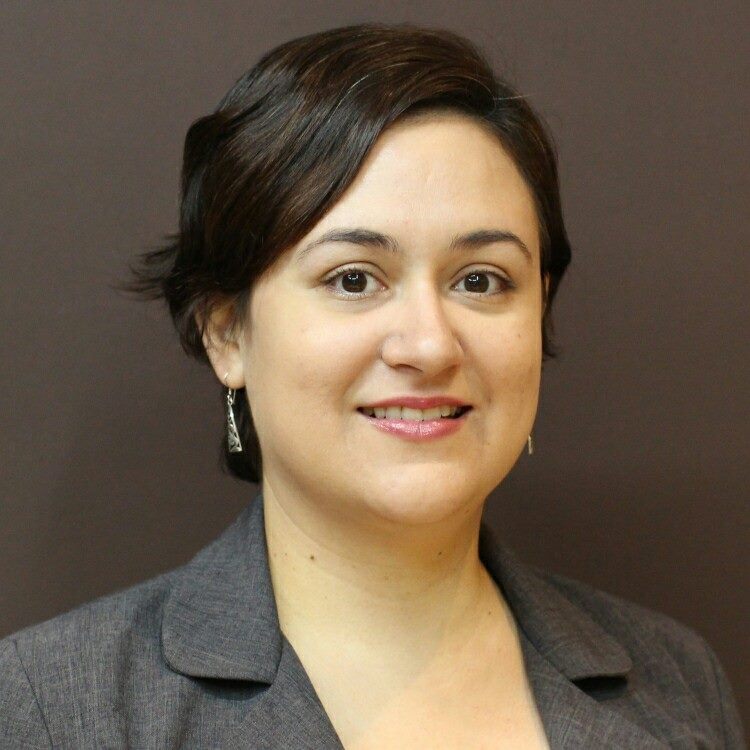2018 General Elections in Paraguay

On 22 April 2018, Paraguay held its seventh general elections in its history to renew national, local and MERCOSUR authorities, in a context of macro-economic stability, with an average economic growth of 4 per cent, well above its neighboring countries, but with high levels of uncertainty in the political sphere.
Este artículo se encuentra disponible en Castellano.
Over the last few years, notably in 2016 and 2017, a disagreement between the main political forces regarding the issue of presidential re-election became evident. In March 2017, an agreement between the Colorado Party, the leftist coalition Frente Guasu ("Broad Front" in Guarani language) led by former President Fernando Lugo and a number of Congress members of the governing party Authentic Radical Liberal Party (PLRA) tried to introduce an unconstitutional amendment to the Senate’s procedural rules, that would allow incumbent president Horacio Cartes to run for re-election.
This plot was met with public rejection and produced an extreme political polarization. Many legislators and citizens who opposed the unconstitutional changes took to the streets. On March 31, 2017, demonstrators stormed and set the premises of National Congress on fire. As protests continued, a Riot-control unit of the National Police broke into the headquarters of the main opposition Party (PLRA), where a young activist was beaten and shot dead. The incident is still under investigation.
These events were the prelude of the electoral campaign towards the general elections of 2018, from which two leaders emerged as defenders of the National Constitution. On the one hand, Mario Abdo Benítez , who is the son of former Dictator Alfredo Stroessner’s Private Secretary, and has been elected to the Senate for two terms, won primary elections to become the presidential candidate of the ruling Colorado Party. On the other hand, Efraín Alegre, the former Minister of Public Infrastructure during President Fernando Lugo’s government, was elected to be the presidential candidate for the GANAR Coalition, representing the PLRA and allied parties. Both candidates were elected at the simultaneous primary elections held on 17 December 2017.
The polls gave a high margin of victory to the candidate of the Colorado Party throughout the electoral campaign. However, suspicion was generalized among voters, since only the media belonging to the conglomerate owned by president Horacio Cartes were authorized to mention the names of candidates in their exit polls for the general elections held on 22 April 2018. In this sense, election day started with predictions based on the exit polls that predicted a high percentage of difference between the two main candidates. However, ruling party candidate Mario Abdo Benítez won by a slight difference of 3.7 per cent according to the Transmission of Preliminary Electoral Results (TREP) announced by the Superior Tribunal of Electoral Justice.
These elections have been the most contentious ones since the return of democracy in Paraguay in 1992. The Colorado Party did not get the much-heralded overwhelming victory as it was expected. Thus, the small margin of difference of votes between the two candidates has resulted in allegations of electoral fraud by the opposition.
Efraín Alegre, candidate for the GANAR Coalition, claimed that he and his allies had discovered clear evidence of an electoral fraud, a few hours after the polling stations were closed and the following transmission of vote counting via the Preliminary Electoral Results Transmission (TREP), operated by the Electoral Tribunal. The opposition denounced many irregularities when comparing the vote TREP preliminary results with the actual tally sheets. As a result, the GANAR Coalition supporters demonstrated in front of the Electoral Tribunal’s headquarters to demand transparency in the management of election results. The Superior Electoral Tribunal of Paraguay (TSJE) rejected the allegations made by Efraín Alegre, and summoned all political parties to actively participate during the vote counting process.
At the time of closing polling stations, the Electoral Tribunal registered 50 per cent of electoral turnout of 4,260,816 eligible voters. However, according to their preliminary estimates, tournout would reach up to 64,65 per cent at the end of Election Day. In the previous elections held in 2013, 68 per cent of the eligible citizens participated in the election, which indicates that in these elections there was a reduction in the participation rate.
The difference in the numbers of electoral participation could be attributed to several causes, but undoubtedly one of the main reasons is related to the decline of the participation of Paraguayan youth in the electoral processes. Approximately 900,000 young people were eligible to vote for the first time, and even when there were expectations that this group could take an unexpected turn, contrary to the results of preliminary surveys, the unofficial data reflect a low participation of this age group.
2018 General elections demonstrated once again the strong presence of women during Election Day. A pilot project of analysis of the voting process with a gender perspective, carried out jointly by the Gender Unit of the Electoral Tribunal with the technical assistance of International IDEA’s Paraguay Programme, made it possible to verify the role of women as members of the polling stations. Out of the 75 polling places analyzed, in 19 local polling centers located in the Capital District, as well as Central, Presidente Hayes and Cordillera departments, 71 per cent of the members were women, compared to 29 per cent of men. In 64 per cent of the cases, women served as presidents of the polling stations, compared to 36 per cent of men. In contrast, there was a decrease in the number of women in elective positions. These elections represented a regression of the timid advances that had been achieved in obtaining seats in Parliament for women candidates. Clearly, the fact that women have lost two seats in the Senate can be explained by the fact that during the process of integration of the lists of candidates for Senate, women were visibly relegated, by placing them mid to low or lasts positions in the lists.
The final results proclaimed by the Electoral Tribunal indicate that both Chambers will continue to have an overwhelming majority of men. The new composition of the Senate will be the following: 17 seats for the Colorado Party, 13 seats for the PLRA, six seats for the Frente Guasu, three seats for the Patria Querida Party, two seats for the National Union of Ethical Citizens (UNACE), two seats for the Progressive Democratic Party, one seat for the Movimiento Hagamos, and one seat for the National Crusade movement, with a total of 37 men and eight women.
The headline of the preliminary report of the European Union Electoral Observation Mission (EOM) summarizes Paraguay’s political-electoral sphere as follows “Well-administered elections by the Superior Tribunal of Electoral Justice in a country pending profound institutional reforms". The main challenge for President-elect Mario Abdo Benítez will be to achieve the much-needed and profound reforms, while attempting to govern with a Senate no longer controlled by the Colorado Party alone, as other political forces have acquired a larger role in the political scene in Paraguay.





